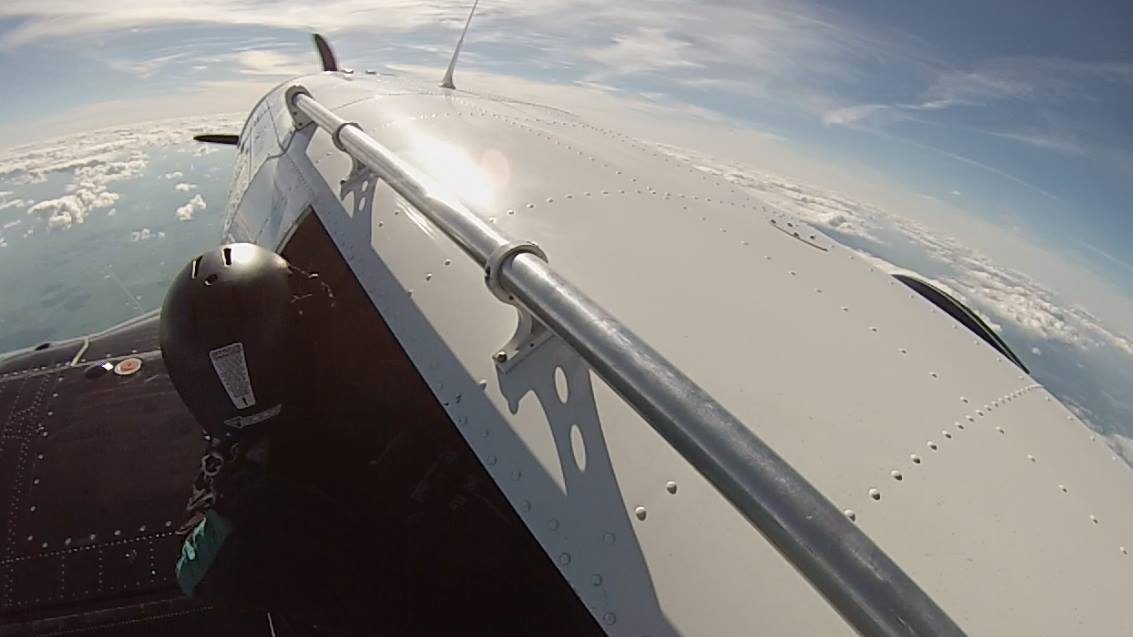
Ever wonder how a near-death experience transforms not just a person’s body, but their entire perspective on existence? What happens when a Hollywood action star suddenly becomes completely dependent on others for his most basic needs? In “My Next Breath,” Jeremy Renner chronicles his catastrophic snowplow accident and subsequent recovery with a rawness that strips away celebrity veneer, revealing something far more compelling – a human being confronting profound vulnerability. Unlike typical celebrity trauma memoirs that either overemphasize heroic resilience or dissolve into vague platitudes about “finding strength,” Renner constructs a narrative that feels uncomfortably honest about both physical devastation and psychological reckoning. The book’s unflinching descriptions of his 30+ broken bones, collapsed lung, and punctured liver serve not as badges of honor but as the starting point for a more meaningful exploration of what happens when identity is forcibly reconstructed.
The memoir’s greatest strength lies in Renner’s willingness to document not just physical rehabilitation but his complete recalibration of values. Through painstakingly detailed accounts of learning to breathe independently again and enduring excruciating physical therapy sessions, he transforms what could be merely harrowing into something unexpectedly illuminating. What separates this from predictable comeback stories is Renner’s remarkable ability to acknowledge weakness without framing it as merely an obstacle on the path to renewed strength. Instead, he positions vulnerability as the central revelation, describing how complete dependence on medical professionals, family, and friends dismantled his self-image as the capable, self-reliant figure he portrayed both on-screen and in life. I found his reflections on fatherhood particularly moving, as he recounts how his daughter became both motivation for recovery and the catalyst for embracing a radically different understanding of what truly matters.
Renner’s writing achieves that delicate balance between brutal medical reality and genuine philosophical insight. He moves effortlessly between visceral descriptions of physical trauma and unexpected moments of clarity about mortality, never allowing either the medical or metaphysical aspects to overwhelm the narrative. Throughout the book, he maintains an authenticity that makes even the most extreme circumstances feel relatable, creating the sense that you’re witnessing not a celebrity’s exceptional journey but a fellow human’s confrontation with fundamental questions we all eventually face. While many Hollywood memoirs feel like carefully curated extensions of public persona, “My Next Breath” offers something more substantial – an honest exploration of how catastrophic injury can strip away pretense and reveal what remains when physical capability and self-sufficiency disappear. For anyone interested in thoughtful reflections on transformation through trauma, Renner’s account proves that facing death can sometimes be the most illuminating way to understand life.

